Home Inspection
Inspect readily accessible, visually observable, installed systems and components and provide a written report by a licensed inspector.
Inspect readily accessible, visually observable, installed systems and components and provide a written report by a licensed inspector.
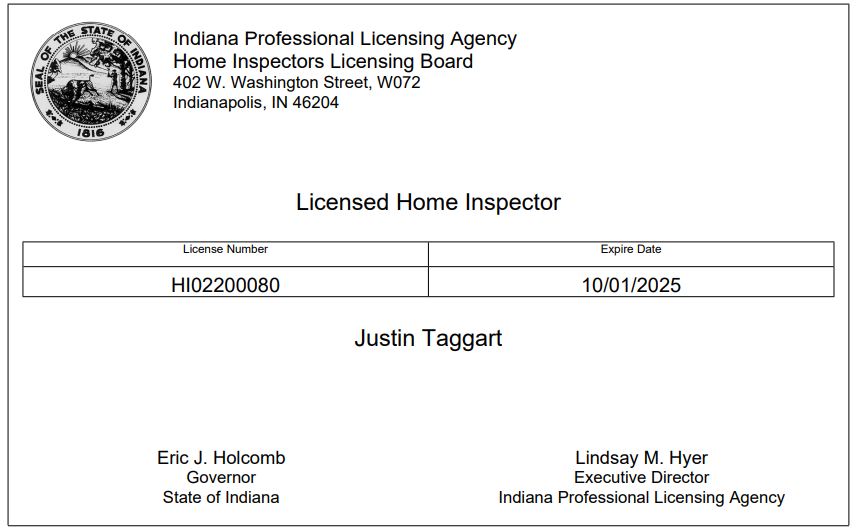
The inspection is the initial stage of understanding a building. I will identify any issues in the accessible systems and components of the building.
A comprehensive report will be created, including pictures and recommended actions. Typically, the field inspection takes about 2-3 hours, and the final report is delivered to the client within 24 hours. Additional services may require more time based on the extent of the work involved.
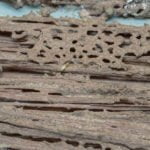
A close examination of the structure to determine if there is any evidence of termite damage or activity. A specific report is given based on state requirements. Additional buildings like detached garages, sheds, and workshops are an additional fee.
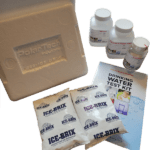
Test the water for Total Coliform, E.Coli, Lead, Nitrate, Nitrite, and Turbidity. Samples are taken during the inspection and sent immediately to the lab. Results are usually sent back within week.
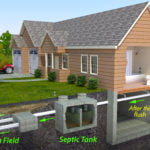
This inspection is ideal for rural areas with a septic system. A dye test is completed to see if there is potential surface drainage. If the tank is accessible, a sludge judge will be used to help identify how full the tank may be. If not accessible, then a sewer scope could be used to identify the location of the system.
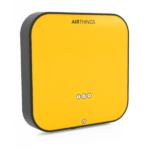
By using a continuous monitor, the home is tested using the closed building setup procedure. Security tape is used to ensure an accurate result of the test. Results are generated in a report after 4 days.
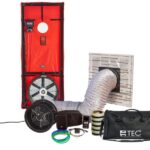
By testing the building with the blower door and infrared camera a report can be generated to detail the homes energy usage compared to the Energy Code.

Taking samples is the only way to know and identify mold. Samples are sent to the lab for analysis with results in a few days. (3 sample minimum)
Locations include the following counties in West Central Indiana: Fountain County, Warren County, Vermillion County, Parke County, Benton County, Montgomery County, Vigo County, Boone County, Clay County, Putnam County, Hendricks County, Morgan County, Hamilton County, Clinton County, Marion County, and Tippecanoe County.
Locations include the following cities and the surrounding areas: Terre Haute, IN – Brazil, IN – Greencastle, IN – Crawfordsville, IN – Waynetown, IN – Lebanon, IN – Lafayette, IN – Brownsburg, IN – Avon, IN – Plainfield, IN – Veedersburg, IN – Covington, IN – Attica, IN – Williamsport, IN – West Lebanon, IN – Fowler, IN – Boswell, IN – Oxford, IN – Rockville, IN – Marshall, IN – Montezuma, IN – Cayuga, IN – Clinton, IN – Fairview Park, IN – Newport, IN
Home Inspections can help you know your home. As a licensed home inspector, I am trained to identify defects that could create current or future problems. They could help identify maintenance items and items to monitor. Using the experience and education I’ve gathered in the past will help you understand more of your major investment.
A home inspection is a visual observation of the readily accessible areas of a home at the time of the inspection. That means inspecting the inside, outside, under the floor and in the attic; if it is readily accessible.
The report is often sent within 24 hours of the inspection and the inspection fee is paid. A report will not be sent until payment is received by the home inspector.
Payment is due upon completion of the field inspection. Although, it is encouraged to pay prior to the inspection. Findings and the final report will not be shared until payment is made.
When it comes to ensuring the safety and soundness of a home, it’s important to take the appropriate measures. For rural properties, a water test is recommended as it can detect potential issues. For older homes, an Energy Assessment is highly suggested to identify any potential energy inefficiencies. Given that all homes have radon, it’s advisable to include testing in your home-checklist to be informed. Along with the aforementioned, a termite inspection should be taken into consideration as termites are commonly found in Indiana homes. These tests can help to ensure a safe and secure living environment.
A home inspection varies based on the size of the home and what features the building has for under the floor and attics. It also depends on what services you would like to have completed. Typical inspections take about 2 to 3 hours with additional time for the report to be finalized.
Termite Inspections are a closer look of areas prone to termite activity. If termites are not obvious, then an inspection is encouraged.
Radon is a naturally occurring gas that can be present in any home. It is crucial to ensure the safety of occupants by determining the levels of radon, particularly for those who smoke or spend extended periods inside.
It is highly recommended to conduct a water test, especially for homes that utilize a private well source. This is particularly important for older homes. The water test could help determine if the water is contaminated and ensure it is safe for consumption.
The Energy Assessment service analyzes and evaluates insulation levels, air leakage, and appliance details to provide valuable insights and recommendations on improving energy efficiency. A certificate is created to ensure compliance with the 2021 International Energy Efficiency Code, offering our clients a comprehensive overview of the Energy Assessment results.
Member of: InterNACHI | ASHI | Inspectopedia